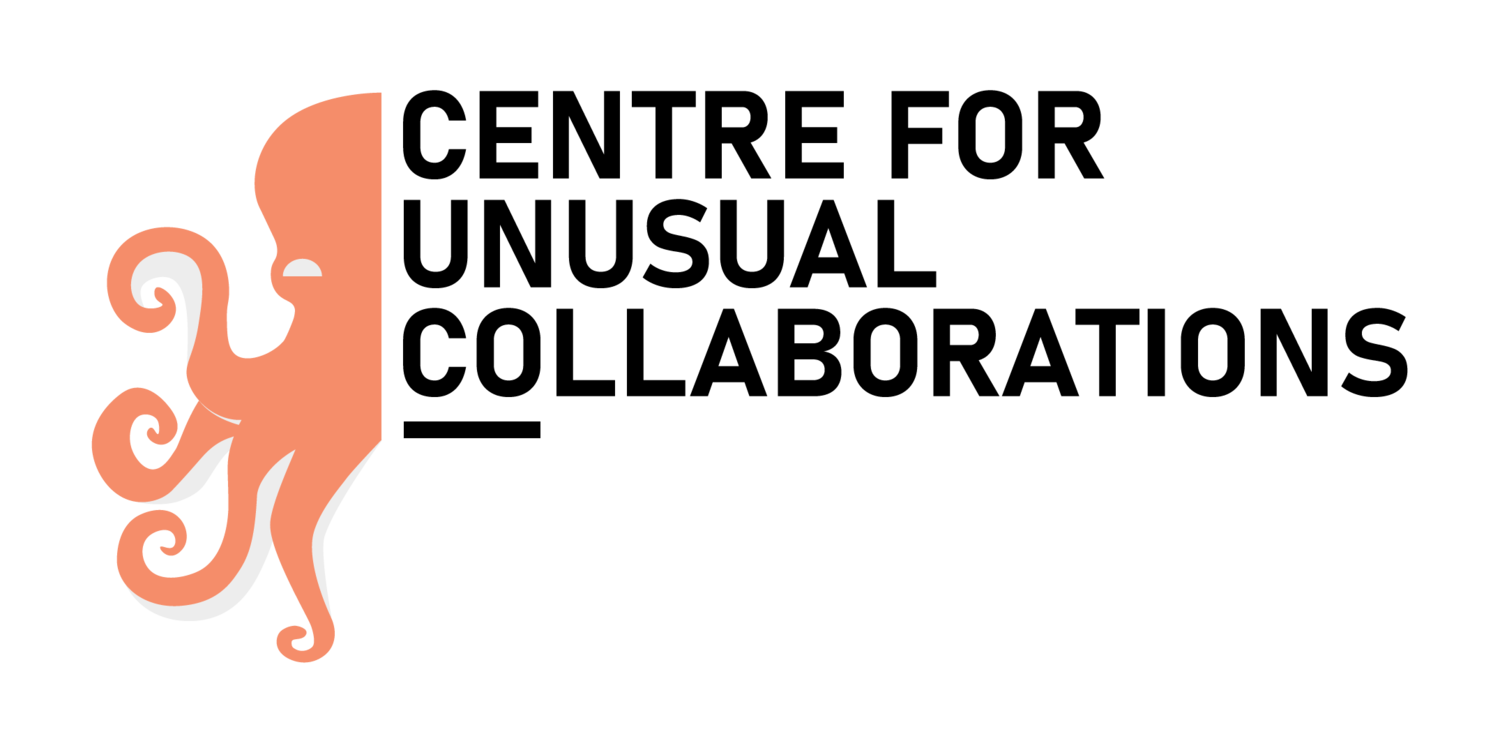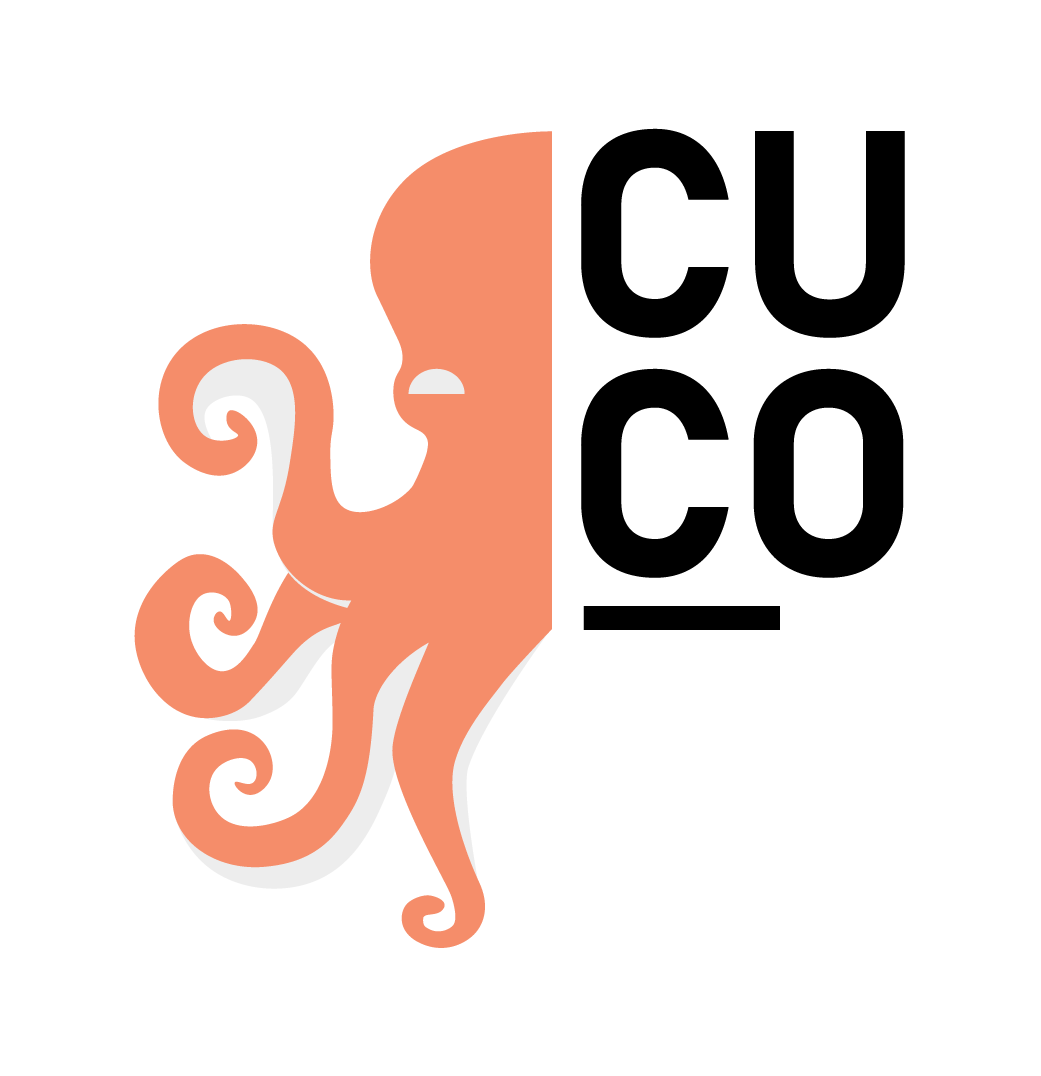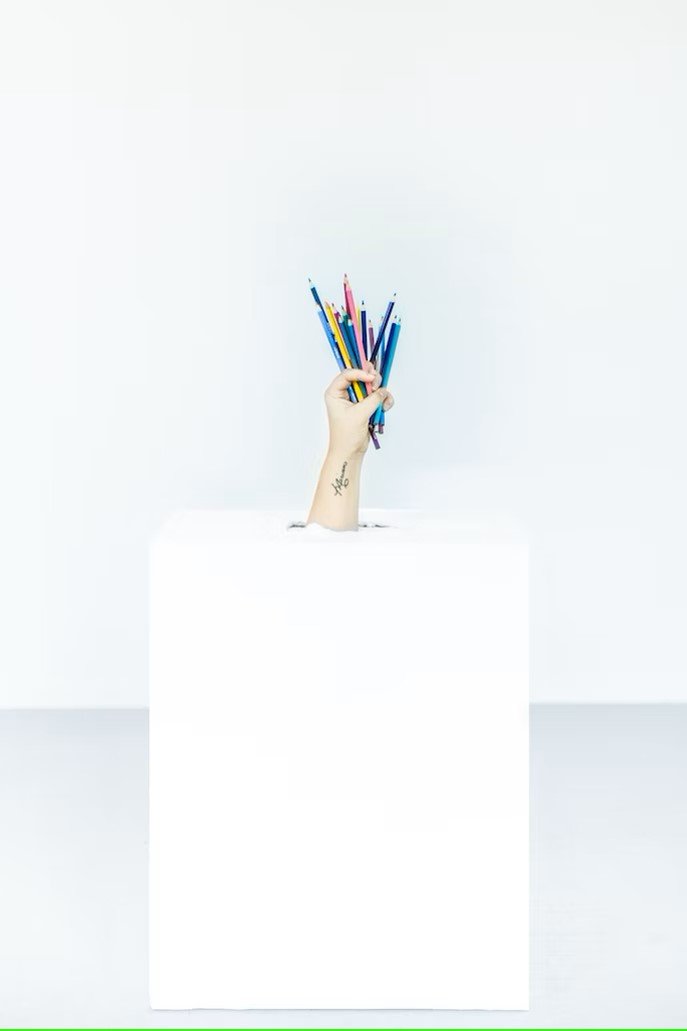Ongoing Spark projects
Image: courtesy of team
Preservation of Female Reproductive Health
Preservation of female fertility is a complex societal challenge. Emerging techniques for oocyte and ovarian tissue preservation offer potential benefits not only for human reproductive health but also for biodiversity conservation. Our interdisciplinary team combines expertise in assisted reproduction, molecular and cryobiology, bioengineering, ethics, and public perception. This unique collaboration integrates technical proficiency with ethical contemplation, while also incorporating principles of human-animal interaction for a comprehensive approach.
Our goal is to bridge existing knowledge gaps and establish a network connecting diverse disciplines involved in fertility preservation. Recognizing female fertility preservation as a complex ecosystem, we adopt a holistic approach to address its various dimensions. Through collaborative efforts, we aspire to advance responsible research innovation in female fertility preservation, guided by principles of inclusivity, transparency, and ethical integrity.
Research team: Marta de Ruijter-Villani (UU), Julie Lamy (WUR), Annemieke Rattink (WUR), Karin Jongsma (UMCU), Marieke Hollestelle (UMCU), Franck Meijboom (UU), Riccardo Levato (UMCU), Efrat Gommeh (independent)
Contact team: m.villani@uu.nl
Image: Adobe Stock (reworked)
Dismantling Disparities: An Interdisciplinary Exploration of Academic Inequalities and the Role of Unusual Collaborations in Societal Advancement
Academic institutions bear significant responsibility in creating a suitable environment for the advancement of knowledge in society. As such, inequalities based on gender, ethnicity, sexual minority status, socioeconomic background, and hierarchical positions create an uneven educational landscape that hinders societal progress.
In this project, we aim to understand whether there are inequalities in academic success and if so, whether unusual collaborations can tackle these inequalities. Specifically, our goal is twofold. First, we aim to understand whether some social groups are more likely to be successful in academia than others, and why. Second, we aim to study whether unusual collaborations, which essentially bring together individuals from different disciplines, backgrounds, and experiences, remove these potential inequalities or conversely exacerbate them. On the one hand, exposure to different perspectives helps break down disciplinary tunnel views, promoting a more inclusive atmosphere. On the other hand, bringing various disciplines together may inflate stereotypes and biases, leading to even more isolation.
Thus, this project will bundle theoretical and empirical knowledge from sociology, cultural geography, engineering, and plant biology to study an issue that not only concerns academic institutions, but also the society as a whole.
Research team: Deni Mazrekaj (UU), Azadeh Arjomand Kermani (WUR), Andries Temme (WUR), Rahul Subburaj (TU/e)
Contact team: d.mazrekaj@uu.nl
Image: generated with DALL-E
Exploring digital health monitoring with a complex systems approach
A complex system is different from the mere sum of its parts, and is an increasingly popular concept when studying phenomena in modern health research. But what does considering complexity add beyond buzzwords and blue-sky thinking? And does this concept mean the same thing when applied by different disciplines?
This project will help answer these questions. Researchers from different disciplines - physics, demography, marketing and sociology – will attempt to reach a common understanding of what complex systems approaches can bring to health research.
To do so, we reflexively apply a complex systems lens to a case study, digital health monitoring with smart technology. This involves a host of different factors – technology, human behavior, medicine, data – that interact and can produce results greater than the sums of their parts. We will examine how such a lens can enrich the implementation of these technologies whilst learning more about how complex systems concepts travel across disciplinary boundaries.
Research team: Peter Dung (TU/e), Callum Gunn (UMCU), Anouk de Regt (UU), Kristina Thompson (WUR)
Contact team: kristina.thompson@wur.nl
Image: Floris Dekker / Claveles
Rethinking Impact: A Transdisciplinary Perspective in Academia
In contemporary academia, the notion of "impact" has become ubiquitous, yet its overuse has rendered it a buzzword in need of critical examination and action. The prevalent reliance on metrics, benchmarking, and indexing systems has perpetuated institutional and disciplinary hierarchies, often resulting in superficial assessments lacking systemic understanding. This project seeks to dissect these issues and foster a critical reflection on impact assessment within academia. Our goal is to facilitate a transition towards regenerative practices that acknowledge the interconnectedness of research, education, and public engagement.
Researchers and educators grapple with the dilemma of individual versus collective impact assessment, further complicated by varying interpretations across disciplines. Despite best intentions, the broader implications of our work often go unnoticed, particularly within inter- and transdisciplinary contexts.
Our project aims to unravel these complexities by fostering a dialogue on reconceptualizing impact beyond disciplinary confines. We advocate for an unconventional collaboration, departing from traditional approaches and embracing a transdisciplinary perspective. By integrating embodied experiences, art, connection with nature's wisdom, and diverse ways of knowing, we seek to unearth insights overlooked by conventional methods.
Embarking on a transdisciplinary research journey brought together a dynamic blend of different cultural backgrounds and academic expertise. Hailing from the Netherlands, Hong Kong, Italy, and Poland, our team comprises Peter, a Physicist studying complex, nonlinear systems in particular fluid dynamics; Petra, a Cell Biologist delving into the science of lab grown organs, more specific human penises; Emanuele, a political scientist exploring the cultural and political significance of rivers through collaborations with journalists and artists; and Ewelina, an Industrial Designer with a penchant for ecosystemic approach to design practices and radical sharing of aliveness. This diverse team, with members open to observing and learning through a mix of academic and non-academic methods, ignites a unique yet significant spark in exploring ways to rethink impact.
Research team: Peter Dung (TU/e), Emanuele Fantini (UU/TUD), Petra de Graaf (UMCU), Ewelina Schraven (TU/e)
Contact team: p.degraaf-4@umcutrecht.nl
Image credit: Unsplash
[UN]BOX: Unpacking, cocreating, and materialising collaborative research processes for shared learning, purpose and impact
A brave team of interdisciplinary scholars combine their expertise to address the contemporary challenge of collaborations between the practitioners and researchers who too often study independently from each other. The team plans to develop a gamified 'process black box' prototype to systematize and translate their understanding of collaborative research processes into an accessible approach that other researchers can benefit from. The team aims to involve participants from adjacent projects in workshops to test and co-create different prototype versions. The project's creative spark is the idea that diverse metaphors can help collaborative research participants design, monitor, and conduct their research initiatives. The team will seek to offer alternatives so groups can discuss their collaborative research journeys, process phases, or project milestones.
Research team: Federico Andreotti (WUR), Merijn Bruijnes (UU), Jonas Colen Ladeia Torrens (UU), Dan Lockton (TU/e), Jillian Student (WUR)
Contact team: j.colenladeiatorrens@uu.nl
Image credit: Unsplash
My Choice Matters
Isaac Asimov (1983) once said that a colleague may hold the solution to a difficult problem without even realizing it. As we face complex and uncertain sustainability issues that require input from and collaboration across multiple disciplines, it becomes increasingly important to effectively communicate scientific knowledge. However, this can be a challenging task, leaving many feeling helpless in the face of global challenges. That's where we come in with our current work on global challenges related to climate change, animal welfare, and health and nutrition. Our team is dedicated to empowering individuals from lower socioeconomic backgrounds with evidence-based decision-making skills, enabling them to contribute to creating a healthier environment for themselves and others. Having backgrounds from climate change to animal welfare, health, nutrition, and education, we approach global challenges holistically, drawing from a diverse range of backgrounds and perspectives. Rather than a top-down approach, we strive to empower our target group through innovative communication strategies that they co-create with us. With our entrepreneurial mindsets and collaborative efforts with committed stakeholders, we aim to build a strong team and shape effective communication strategies for disseminating scientific knowledge that will make a real difference. Join us in our mission to bridge the gap between theory and practice, and communicate research findings for a better tomorrow.
Research team: Yvette Baggen (WUR), Despoina Georgiou (UU), Mona Giersberg (UU), Gerbrand Koren (UU), Shauna O’Donovan (TU/e)
Contact team: d.georgiou@uu.nl
Former Spark projects
Better Waive than Worry
An exploration of tools, strategies and cultures of early detection across various contexts. There is hardly any cross-over on the motivations, (data connection) strategies and efficacy of applying these tools. We aim to connect the worlds in which early detection plays a key role, and stimulate exchange of experiences, challenges, insights and solutions. Starting from a core team of experts in genetics, neuroimaging, epidemiology and migration, we plan to explore a wide variety of early detection contexts, in unusual and inspirational settings (e.g. dinner in the dark, stock exchange market, weather station). In this process we continuously identify missing connections and expand the network with unusual collaborators, culminating in a consortium that is ready for a full CUCo grant application. The vision for this grant application is to have an inclusive and diverse platform for sharing approaches, data, pipelines and applications for early detection of rare but “terribly” forceful (in the good or bad sense) events.
Contact team: t.vrijenhoek@umcutrecht.nl
Tackling Future Workforce Challenges
What we deem both striking and problematic is that contemporary challenges to work are generally studied independently from each other. In addition, each challenge’s academic inquiry is often limited to the perspective of one single discipline. However, many of these challenges do not exist independently, but are entwined in complex ways that require multi-disciplinary engagement. To support employees, employers or those otherwise positioned in the labor market in their dealings with these challenges, and to promote the wellbeing and sustainability of workforces, we therefore propose to combine scholarly expertise from the fields of health, geography, anthropology, macro sociology, and technology. By doing so, we aim to combine expertise on the key challenges, in order to contribute to future sustainable workforces.
Working on this project: Karin Smolders (TUe), Leander van der Meij (TUe), Chih-Chen Trista Lin (WUR), Alexandra Rijke (WUR), Jelle Wiering (UU), Luuk Mandemakers (UU), Helena Pennings (UMCU)
Contact team: l.v.d.Meij@tue.nl
All in the Same Boat: Unusual solutions for cleaner water
The health of nature and society depends on sufficient water quantity and quality. Clean water integrates these aspects and is challenged in many ways. Climate change (including drought and flooding) complicates the availability of clean water. Contamination (e.g., pathogens, nutrients, and plastics) and inequality in price and access among sectors (e.g., industry, drinking water, and agriculture) reduce clean water and impact the health of nature and society. The water-nature-society interactions are thus complex. Therefore, identifying solutions for water-related challenges requires inter- and transdisciplinary approaches that unite efforts and innovations from governments, companies, academics, and the general public.
Our mission is to develop an unusual collaborative network for addressing water-related challenges and to use this network to drive solutions for clean water for nature and society.
Working on this project: Herman Gilissen (UU), Annette Janssen (WUR), Harmen Knap (WUR), Kevin Matson (WUR), Maarten Smulders (WUR), Maryna Strokal (WUR), Yali Tang (TUe)
Contact team: harmen1.knap@wur.nl
The FAIR-Battery Challenge
In this project, we aim to create a FAIR-Battery (FAIR = Findable + Accessible + Interoperable + Reproducible). We seek to present an open-hardware platform for a versatile battery technology and make the platform radically accessible: 1- by deliberately using low cost and locally available materials suitable for local user groups, and 2- by setting up the education communities on top of the open-hardware design. This platform not only provides the necessary technical details for engineering and production, but also incorporates the local constraints for actually adopting and using the technology. These constraints relate to language, availability of materials and expertise, maintenance capacity, or other locally varying conditions, which must be identified. Our envisioned FAIR-Battery platform will track and seek to remove these constraints in each stage of the development by direct consultation with the user-groups.
Working on this project: Stephanie Hobbis (WUR), Sanli Faez (UU), Antoni Forner-Cuenca (TUe), Peter Ngene (UU), Yali Tang (TUe), Maarten Voors (WUR).
Contact team: s.faez@uu.nl
Imagining More-than-Human Communities
We are a group of unusual collaborators from Utrecht, Wageningen and Eindhoven all working on the relationship between humans and other animals in society and culture. Within our various fields and disciplines, we are all committed to making our research and practice less anthropocentric. Yet, within the structure of the university, we would never have had the opportunity to meet or interact. Thus, in this unusual collaboration, we have set ourselves the goal of working together to imagine what a more equitable community of humans and nonhumans might look like. We want to explore how more-than-human communities have been imagined in the past, and where they are being lived out in the present. A basic premise of the project is that the spaces we inhabit are already more-than-human. We want to develop models and ideas for how these spaces can be made into more-than-human communities.
Working on this project: Marjolijn Bol (UU), Bernice Bovenkerk (WUR), Clemens Driessen (WUR), Kári Driscoll (UU), Liesbeth van der Grift (UU), Irene Kuling (TUe), Heidi Lesscher (UU), Kathrin Thiele (UU), Anne van Veen (UU)
Contact team: k.driscoll@uu.nl or i.a.kuling@tue.nl
Unusual Perspectives on Dynamic Networks: Building Interdisciplinary Understanding
Our unusual collaboration is directed at learning and exchange on concepts and methods for conceptualising and studying Dynamic Networks from various scales and perspectives. To this, the project contains four key aims, as follows:
create a platform for interdisciplinary collaboration
map our diverse approaches, concepts, and methods for researching Dynamic Networks through discipline literature reviews, and the creation of interactive visualizations
evaluate our perspectives/approaches and identify key gaps/areas for future collaboration
collaborate in writing a proposal grant
Working on this project: Joep Frens (TUe), Mary Greene (WUR), Jesse Hoffman (UU), Lenneke Kuijer (TUe), Juul Limpens (WUR), Jeroen Oomen (UU), Holly Robbins (TUe), Jurian Schuijers (UMCU)
Contact team: s.c.kuijer@tue.nl
Smart Origami meta-materials for diagnosis and treatment of gastro-intestinal diseases
In the quest for designed materials with exceptional properties beyond what can be found in natural materials (metamaterials), Origami structures have attracted much interest. Recently Origami was shown to be a substantial source of inspiration for the innovative design of metamaterials with customizable properties and a robust method for making shape morphing structures. Combining Origami design with actuating elements that can be triggered by stimuli, offers new opportunities for designing smart deployable materials with shape responsive properties. Recent developments in 3D printing and multi-material printing enable us to use biocompatible/biodegradable materials for the fabrication of such a meta-structure.
The main aim of this proposed research is to investigate the potential of Origami in healthcare and nutrition as a non-invasive method for monitoring/treatment and programmed local drug/nutrient delivery.
Working on this project: Guido Bosch (WUR), Guido Camps (WUR), Mehdi Habibi (UMCU), Irina Kostitsyna (TUe), Caroline Lindeman (UMCU), Magdalena Lorenowicz (UMCU), Riccardo Lovato (UMCU), Betina Piqueras-Fiszman (WUR), Tina Vermonden (UU)
Contact team: mehdi.habibi@wur.nl
The Ultimate Plasticity
Since the beginning of modern science, natural scientists and humanities scholars alike have predominantly been conducting monodisciplinary research to conceptualize the phenomenon of plasticity (in italics, to stress its broad sense usage that includes both the narrow sense plasticity, acclimation, and similar terms from other disciplines). With the future impact of humankind on the environment (the Anthropocene), new approaches for understanding fundamental plasticity mechanisms on all of its levels and its full complexity are needed.
We believe that to support novel research projects concerning plasticity and for adopting novel approaches to utilize the plasticity potential for societal utilization, in-depth comparative science and transdisciplinary approach that will bring together natural scientists, social scientists, and humanities scholars is needed.
Working on this project: Loai Abdelmoshen (TUe), Yaron Caspi (UMCU), Tamalone van den Eijnden (UU), Elly Hol (UMCU), Kaisa Kajala (UU), Chantal Kemner (UU), Julia Krug (WUR), Corné Pieterse (UU), Natal van Riel (TUe), Abby Waysdorf (UU)
Contact team: y.caspi@umcutrecht.nl
Game your way through: games as a method for transformative collaborations
A critical challenge for fostering societal transformation is to explore and navigate different worldviews. Games - in particular, multi-player role-playing games - can open up spaces where participants can actively express and represent how they experience the world, their challenges, and their passions. By stepping into active designer roles and changing the ‘mechanics’ that produce different possible roles, rules, narratives, and worlds, people can expand their collective imagination and agency. However, games are often pre-designed for limited contexts.
We bring together an interdisciplinary team of 9 researchers – working at the intersection of technical, social, political, (bio)medical, and humanistic fields – to design a library of game mechanics that can support diverse teams to co-design their own gamified approach to navigating emerging tensions and creating novel collaborations for societal transformation.
Working on this project: Joyce Browne (UMCU), Josephine Chambers (WUR), Jessica Duncan (WUR), Dan Lockton (TUe), Raimon Ripoll-Bosch (WUR), Suzan Ruijtenberg (UU), Jet Vervoort (WUR), Joost Mattheus Vervoort (UU), Maikel Waardenburg (UU)
Contact team: raimon.ripollbosch@wur.nl














